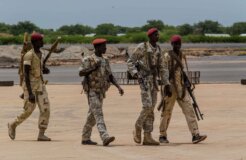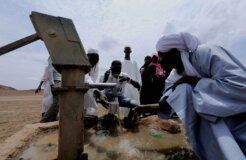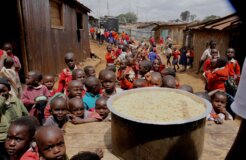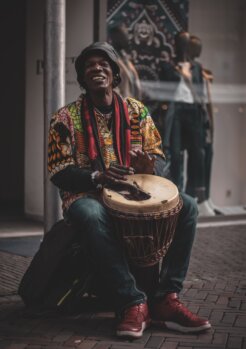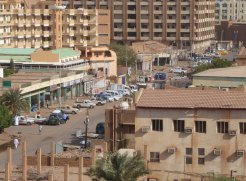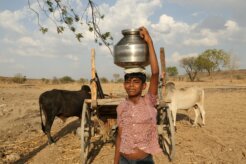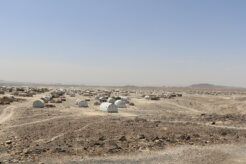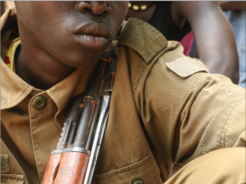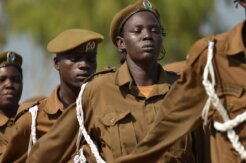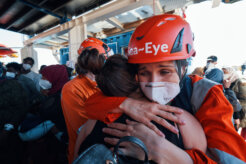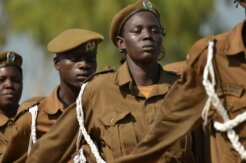Sitting on the north-eastern coast of Africa, and nestled between Eritrea, Ethiopia, South Sudan, Central African Republic, Chad, Libya and Egypt, Sudan once was considered the most geographically diverse country in the African continent. Today it is a country associated with internal political turmoil, corruption, bloody wars and famine.
In July 2011, Sudan was split into two nations, Sudan and South Sudan, following a vote by the largely Christian and Animist population of its south demanded independence from the Arab Muslim north. While this was granted to them by the government, tensions over shared oil have continued to fuel a hostile environment.
With a population of 39 million citizens, Sudan has experienced two rounds of civil war around the north-south issues of trade and oil, with more than 1.5 million lives lost.
From December 2018 onwards, President Omar al-Bashir faced large-scale protests which demanded his removal from power. On 11 April 2019, Bashir who himself came to power by a military coup d'état in 1989 was ousted in a military coup. Bashir is accused of organising war crimes and crimes against humanity by the International Criminal Court (ICC).
In June 2019, peaceful mass demonstrations calling for an immediate transition to civilian rule have been brutally cracked down by fighters from the paramilitary Rapid Support Forces (RSF). More than 100 people were killed and more than 700 injured, according to Amnesty International.
Media freedom remains restricted in Sudan, with internet restriction and blackout being used as a political tool, despite the fact that more than a quarter of Sudan's population being online.

